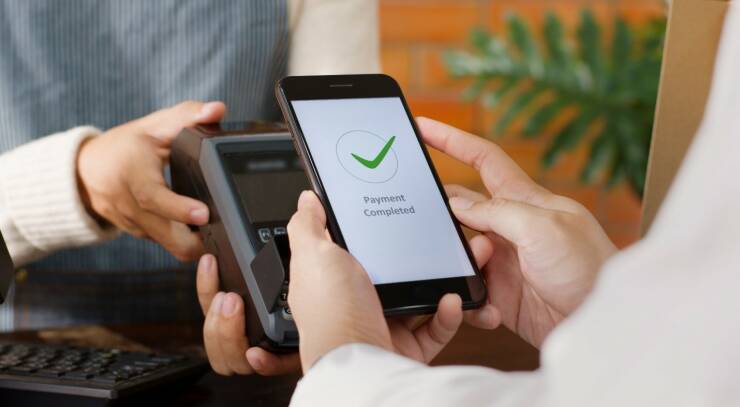
Once upon a time, it would have been difficult to imagine a world without the existence of paper money or coins or a society where retail stores did not accept cash as a mode of payment. However, these days most of us take cashless transactions for granted. In fact, the younger generation would likely say that banknotes, along with leather-bound encyclopedias, CDs and printed newspapers, are a throwback to a bygone era.
Whether or not we like it, a cashless society is becoming more of a tangible reality, especially in the more developed economies. For instance, recent statistics have indicated that around five in six payments made in the UK are now cashless transactions. It seems that people across the generations seem to be embracing the digital economy.
So are older generations truly technophobes? Are they really hostile to digital payment methods? Or are we simply supporting a preconceived, ageist misconception? In actuality, there are various ways of using digital payments, particularly cryptocurrency. And if the global pandemic has encouraged anything (apart from social distancing), it's the necessity to move away from physical fiat currency for virtually any transaction made. Another way of using bitcoin is by playing online at no deposit casinos.
To explore the question of whether older generations are, in fact, cosying up to cashless payments and the impact these developments have on this demographic, let's look at the subject in a little more detail and discuss the ways in which we can support people in this inevitable transition.
Acknowledging The Difficulties
There are, of course, plenty of older people who comfortably use technology on a daily basis. Lots of them love using Skype to keep in touch with their grandkids and have Facebook accounts for keeping up with friends from the past. However, when it comes to financial transactions, there could be a little reluctance from older generations, and this should be acknowledged.
For some people, electronic payments represent a profound shift in their habits. Bear in mind that there are still some people who don't use credit cards not only because of supposed difficulties but as a result of fears over spending money that they don't feel really exists. The same goes for ATMs; there are people out there that don't feel safe using them and feel more comfortable dealing with a bank teller.
Ensuring The Technology Is User-Friendly For All Ages
In addition to a reluctance that could exist amongst older people, it is important for people developing cashless technologies to ensure that they take the needs of seniors into consideration. For instance, poor eyesight and decreased mobility will affect us all at some point in our lives. For older people, these types of ailments could possibly affect their ability to conduct transactions using a smartphone or touch screen.
It is therefore important to develop devices and interfaces that are user-friendly and provide a positive experience for seniors by limiting the scope for errors and associated frustrations.
Education, Education, Education
You can't teach an old dog new tricks, as they say. But you can show those set in their ways how technological advancements can be beneficial. In terms of cashless payments, we need to emphasize how the elimination of physical cash allows for greater security and traceability.
Although moves towards electronic means of payment are nothing new, their increasing pervasiveness could cause a degree of confusion for some. Education through various media campaigns or volunteer initiatives will be central in terms of explaining how this technology works and is beneficial to everyone, regardless of age.
Concluding Thoughts
With increased interest in cryptocurrency and its uptake within mainstream society, the fact is that cash is slowly being phased out. This development certainly poses its fair share of challenges for those that aren't so tech-savvy and older generations that may find these concepts somewhat overwhelming.
However, the fact is that cashless payments are here to stay and are just likely to become more prevalent as time goes on. There are a large number of older people who have shown incredible resilience and pragmatism when it comes to such changes, but for a small minority, these developments are a very unwelcome change.
At the end of the day, no one wants to see the world move on and be left behind, which is why we need to support our elderly folk during this transitionary period. We need to start by allowing them to see the benefits that cashless transactions hold for them in terms of security and convenience. We also need to take practical steps in ensuring that the technology is developed with their concerns and limitations in mind before going about providing our older generations with the training and education to be able to use this technology to their advantage,